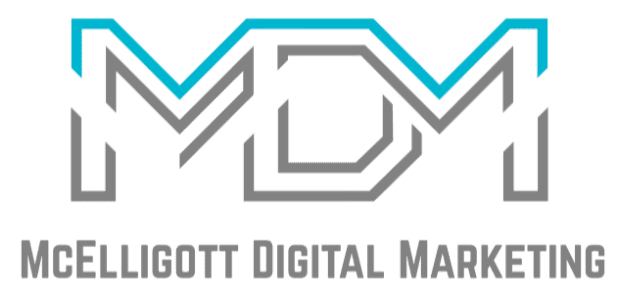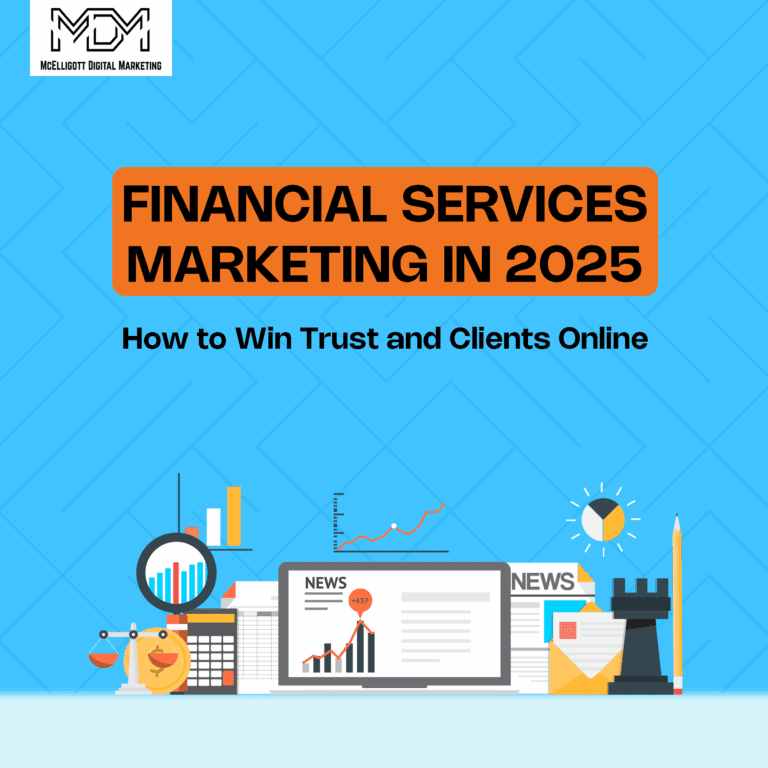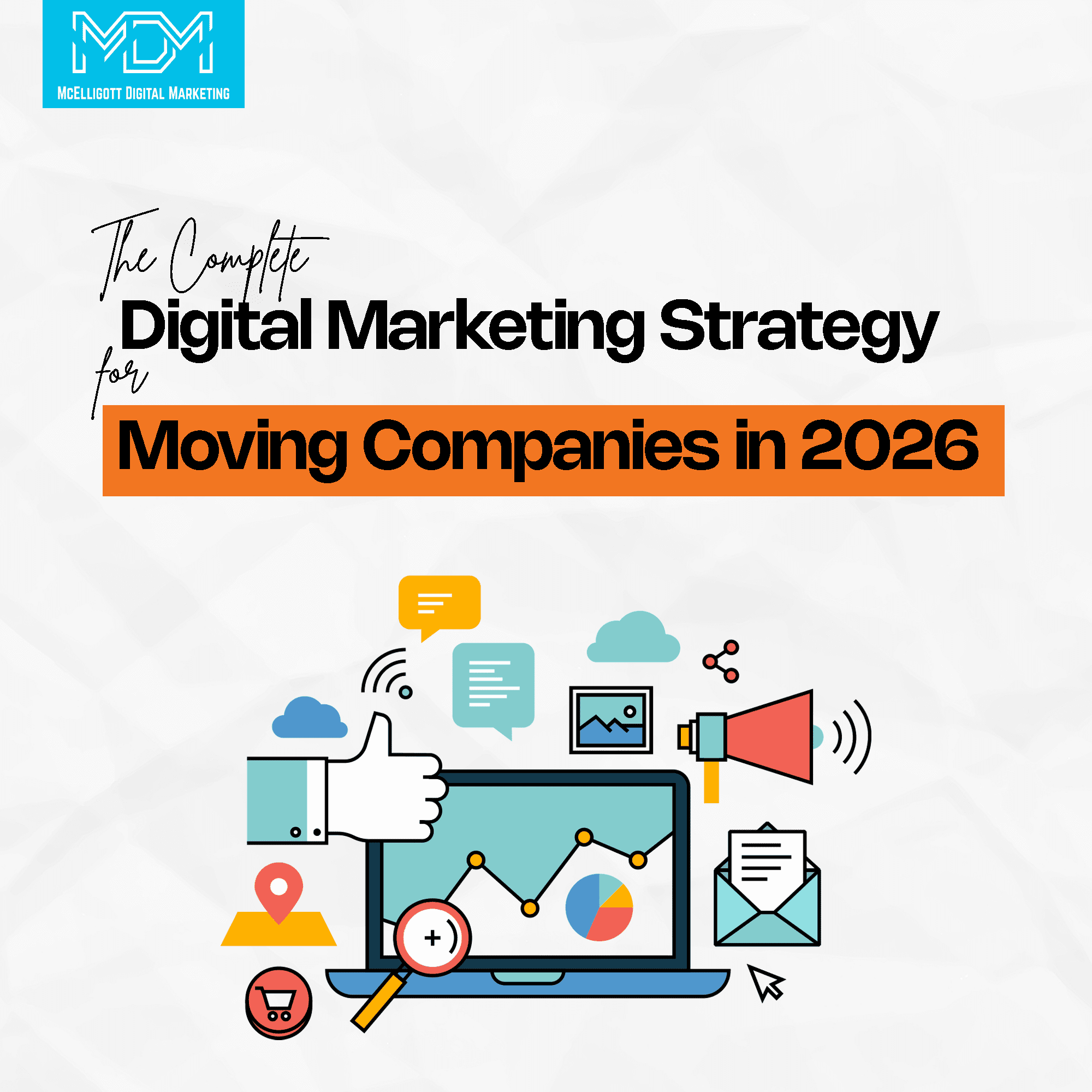The financial services industry is changing fast. In 2025, clients expect more than just good products. They want advice they can trust and services they can access online.
Financial decisions are serious. People are careful about where they put their money. That is why trust is the most important factor for banks, financial advisors, and insurance companies.
At the same time, competition has grown. New apps, fintech companies, and online advisors are entering the market every day. To stand out, financial service providers need strong digital marketing. You must show expertise, connect with people, and build long-term relationships online.
This blog will explain how financial companies can win trust and clients through smart online marketing strategies in 2025.
The digital shift in financial services
The way people use financial services has changed a lot in the last few years. After the pandemic, many customers became comfortable with digital platforms. They now prefer mobile apps, online consultations, and quick digital payments over visiting physical offices.
In 2025, most first interactions with financial services begin online. A person looking for a financial advisor or insurance agent will usually search on Google or check reviews before calling anyone. This means that your online presence is your first impression.
But along with this shift, trust has become harder to earn. People worry about fraud, scams, and data leaks. Clients want to know that their money and personal details are safe. They also want clear communication and human connection, even in digital spaces.
For financial companies, this means one thing- trust is the new currency. For some, it always has been. Without trust, even the best digital tools or offers will fail to win clients.
Why trust matters more than ever?
Money is personal. When people choose a bank, an advisor, or an insurance plan, they want to feel safe. One wrong choice can affect their entire future. That is why trust is more important in finance than in almost any other industry.
In 2025, concerns about fraud and scams are everywhere. Fake investment schemes and phishing attacks have made people more cautious. Data privacy is another big worry. Clients want to be sure that their details are protected.
For financial companies, trust does not come from words alone. It must be shown through actions. This includes following government regulations, displaying licenses or certifications, and being transparent about terms and fees.
Social proof is also powerful. When clients see reviews, testimonials, or case studies, they feel more confident. A story from another satisfied client often builds more trust than any advertisement.
Top digital marketing strategies for financial services in 2025
Winning trust and clients online is not about one single method. It’s about combining different strategies. Each one should make your brand look reliable, helpful, and easy to reach.
Here are the top strategies financial companies need to focus on in 2025.
1. Content marketing
People search online for answers before they ever speak to an advisor. They ask questions like “How much should I save for retirement?” or “Which insurance is best for my family?” If your company provides clear, simple answers, you become their first choice.
This is where content marketing comes in. Blogs, articles, guides, and newsletters explain complex financial topics in simple words. For example, a blog on “Investment tips for beginners in 2025” can bring in young readers who would later become clients.
Educational content shows expertise. It also makes clients feel you are on their side, helping them learn before selling to them. The more you help people learn things of importance, the more people trust you.
2. SEO and local search visibility
Writing content is not enough. People must be able to find it online. This is where Search Engine Optimization (SEO) helps.
Google ranks financial websites based on E-E-A-T: Experience, Expertise, Authoritativeness, and Trustworthiness. For financial services, this is important. Your website should show real experience, qualifications, and proof that you are a reliable source.
Local SEO is equally important. Many clients still want nearby advisors, banks, or offices. Optimizing your Google Business Profile, adding client reviews, and keeping address and contact details updated helps you show up in local searches like “best financial advisor near me.”
Also, in 2025, voice search is growing. People now ask phones or smart speakers questions like, “Hey Google, best savings account for students.” Your content should match these natural, conversational queries.
3. Video and webinars for human connection
Finance can feel cold and technical. Video makes it human. Short, engaging videos on platforms like YouTube, Instagram, and LinkedIn simplify tough topics. For example, a 60-second video explaining “3 things to check before buying life insurance” can connect quickly with people.
Longer videos, like webinars, also build trust. Hosting a live Q&A on tax planning or investment strategies allows you to speak directly to potential clients. They see your face, hear your voice, and understand your expertise. This builds a stronger bond than text alone.
Many financial companies also use personalized video messages. For example, sending a short video to a new lead saying, “Hi, I’m Riley, your advisor. I’ll guide you through the process step by step.” Even if AI helps create these, they must still feel human and warm.
4. Trust signals on your website
Your website is your digital office. If it looks untrustworthy, clients will leave. Adding trust signals to a website helps visitors feel safe.
First, security. Use SSL certificates (the lock icon in the browser) and display security badges. This shows that personal data is safe. Second, compliance. Mention licenses, certifications, or memberships in professional bodies. These prove that you follow the rules.
Transparency is another big trust factor. Show clear pricing, terms, and conditions. Avoid hidden fees or complex language. Add FAQs to answer common questions.
Finally, highlight client success stories. Real testimonials, ratings, or even video reviews from satisfied clients can reassure new visitors. People believe other people more than they believe ads.
5. Social media and community building
Social media is no longer just for brand promotion. In finance, it is a tool to educate, engage, and build community.
LinkedIn works best for B2B financial services like corporate advisory or investment banking. It is a space to share professional insights, industry updates, and case studies.
For B2C services like insurance or personal loans, platforms like Instagram or even Twitter (X) are powerful. You can share simple money tips, savings hacks, or quick updates that make people feel informed.
One growing trend is private groups or online communities. For example, a Facebook or WhatsApp group for young investors where experts answer questions. This creates loyal audiences who keep coming back.
But one thing to remember is not to oversell. Instead, focus on being helpful and approachable. Social media is about conversations, not advertisements.
Conclusion
The way people choose financial services has changed. A flashy office or a long brochure no longer convinces anyone. What matters is how safe, informed, and respected a client feels when they interact with you online.
Every click is a chance to earn trust. Every video, post, or email can either reassure or push someone away. The companies that will thrive are the ones that see digital marketing not as a tool to sell, but as a way to build real relationships.
Starting today, review your website, refresh your social media, and create content that speaks directly to client concerns.
Ready to grow your financial services business in 2025? If you’d like expert guidance, reach out today, and let’s create a marketing strategy that wins trust and clients.





